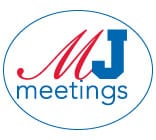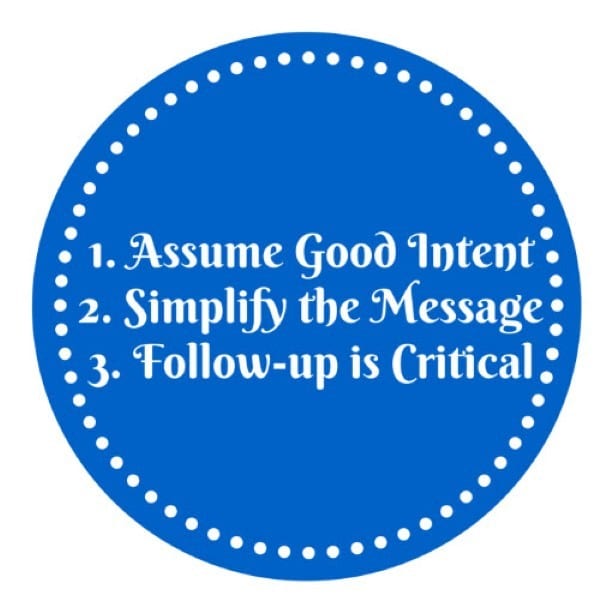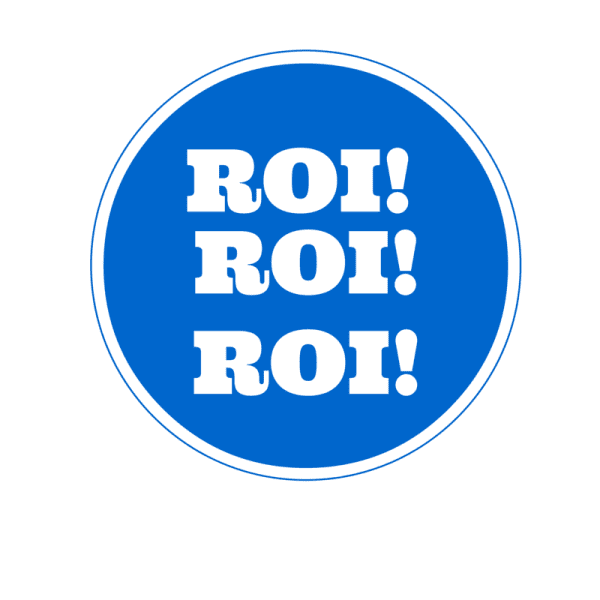Have You Lost Respect for Your RSVP?
 Post written by Missy Johnson, Principal, MJMeetings, LLC | Meetings Consultant | Gourmet Food & Wine Enthusiast | Sports Fan
Post written by Missy Johnson, Principal, MJMeetings, LLC | Meetings Consultant | Gourmet Food & Wine Enthusiast | Sports Fan
I’m bothered by a current and growing trend in our society. It seems that the public is numb to the meaning of the RSVP for parties, events or invitations to just about any occasion.
RSVP is a widely known acronym for Répondez s’il vous plait, which is a French language phrase for “Reply if you please”.
Any event organizer knows the frustrations that come with not knowing an exact count of invited guests. The event venue fee is sometimes tied to your total guest count and food and beverage guarantees are traditionally paid per person. If party favors or gifts are included in the event, having an accurate RSVP count is very important.
Of course it’s reasonable to expect that any party or event will have some expected guests that no-show or provide last minute cancellations in the final days before the event.
Depending on your event’s size, a typical amount is 10-20% of your expected guest list and any rational event planner understands that some guests become ill, have family emergencies or have unexpected work demands that come up after an RSVP is given. So for the sake of argument, let’s take this small group out of the equation.
 In recent years, I’ve observed people across all industries and professions have less and less respect for what an RSVP means and, more importantly, how it reflects on them personally and professionally.
In recent years, I’ve observed people across all industries and professions have less and less respect for what an RSVP means and, more importantly, how it reflects on them personally and professionally.
In my experience, no-show’s and day-of-event cancellations have risen sharply to 20-35% of total guest count across all different types of events/parties.
I’m just going to put this out there…I think it’s rude to no-show and I think it reflects poorly on your character, especially if you’re a repeat offender. (Those who no-show often make a habit of it.)
Far too many people have become LAZY and if they just don’t feel like going to an event that they themselves have paid nothing for and spent no time planning, they just don’t go without giving any thought at all about the ramifications of their failed RSVP.
Event organizers and host sponsors of events plan and pay for events based on your attendance at the event. If you don’t attend, the costs are great…and the overall event ROI (return on investment) is diminished.
To me, this seems like common sense as an event organizer…but also as a human being.
I have too much respect for my RSVP to no-show. What about you?
What do you think? What’s your experience been? Leave a comment below or email me at missy@mjmeetings.com to share your thoughts on the state of the RSVP in our culture.

 Post written by
Post written by  1. Assume Good Intent
1. Assume Good Intent
